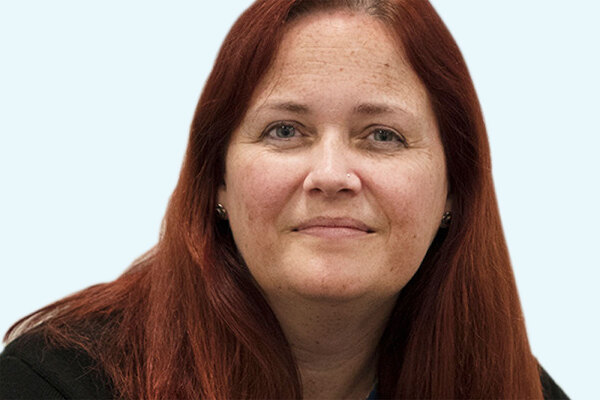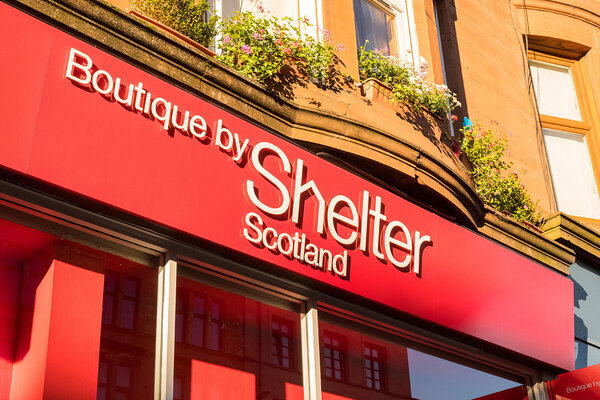You are viewing 1 of your 1 free articles
Some exempt accommodation providers linked to organised crime groups, warns Birmingham Council
Some providers of a form of high-rent supported housing provision in Birmingham have links to international organised crime groups involved in drugs and modern slavery, the council has warned.
In a summary of the city’s ‘exempt accommodation’ problems, Birmingham City Council said that there was a “concerning prevalence” of housing providers linked to organised crime groups with “national or international” links to drugs, exploitation, county lines and modern slavery.
The city will be working with the West Midlands Police in a targeted crackdown – with an officer seconded to the council to assist. The comments came within the council’s bid documents for funding through a £6m pilot scheme that the Ministry of Housing, Communities and Local Government (MHCLG) has launched to try and improve the quality of exempt accommodation provision across the country and tackle examples of poor practice.
Exempt accommodation refers to a category of supported housing that is not commissioned under local authorities’ homelessness services or social care funding, but instead is funded directly by the Department for Work and Pensions.
Due to landlords providing loosely defined “care and support” services, they are exempt from housing benefit restrictions and as a result can charge much higher rents than normal social landlords.
It is often used as a means of housing those with no other housing options such as prison leavers, rough sleepers, refugee and migrant groups, and those experiencing substance abuse issues. It is provided by social landlords registered with the Regulator of Social Housing but can also be provided by community interest companies (CICs), registered charities and other organisations.
While many exempt accommodation landlords provide crucial housing and support to vulnerable people in most need, concerns have been raised by housing groups and politicians that the level of support being provided by some providers is inadequate and has left many in poor housing conditions. However, these concerns have not yet drawn a link between providers and organised crime.
Under the MHCLG pilot, Birmingham has been awarded just over £1m to tackle the issues around poor-quality accommodation and rogue landlords.
Through this funding, the council will set up an investigation unit in partnership with the West Midlands Police which will investigate providers with links to serious organised crime and look to prosecute if wrongdoing is found.
This will include money to employ one case team manager and three case investigators that will look specifically at these providers. The money will also pay for a West Midlands police officer to be seconded to the council, with the officer being used to provide accurate police intelligence and evidence for prosecutions and civil enforcement.
The MHCLG pilot comes as the number of exempt accommodation properties expands rapidly across the country.
Birmingham is the authority with the most exempt accommodation provision, with an estimated 18,500 exempt accommodation claimants across the city. This marks a rapid increase since last November when there were an estimated 14,000 claimants across the city, and from early 2018 when there were only an estimated 11,000 claimants.
The council’s overview stated that the supply of exempt accommodation properties is outstripping demand in the city, which is resulting in landlords marketing vacancies to vulnerable people outside of the city boundaries. This often leaves these vulnerable people far away from support networks and infrastructure, further exacerbating issues.
In the report, the council said the quality of this accommodation varies and at its worst, provides poor support to some of the most vulnerable people living in the city and added that it was its aim to curtail the expansion of the sector.
Jack Dromey, MP for Birmingham Erdington, which is one of the areas with the highest number of exempt accommodation claimants, said: “While there are many good landlords out there providing proper care to vulnerable residents, there are sadly too many rogue landlords blighting areas of Birmingham, changing communities beyond recognition and failing the vulnerable people in their care.”
The MHCLG funding will pay for 10 new quality standard review officers that will inspect exempt accommodation properties and draw up improvement plans for those properties that fall below what is expected.
Five housing benefit officers will also be paid to investigate overpayment or potential non-compliance with regulations. Historically, the council has identified £988,140 in overpaid housing benefit to exempt accommodation providers it has reviewed.
Birmingham is one of five local authorities to secure money through the government’s pilot scheme, with Bristol, Blackburn, Hull and Blackpool also securing funds.









